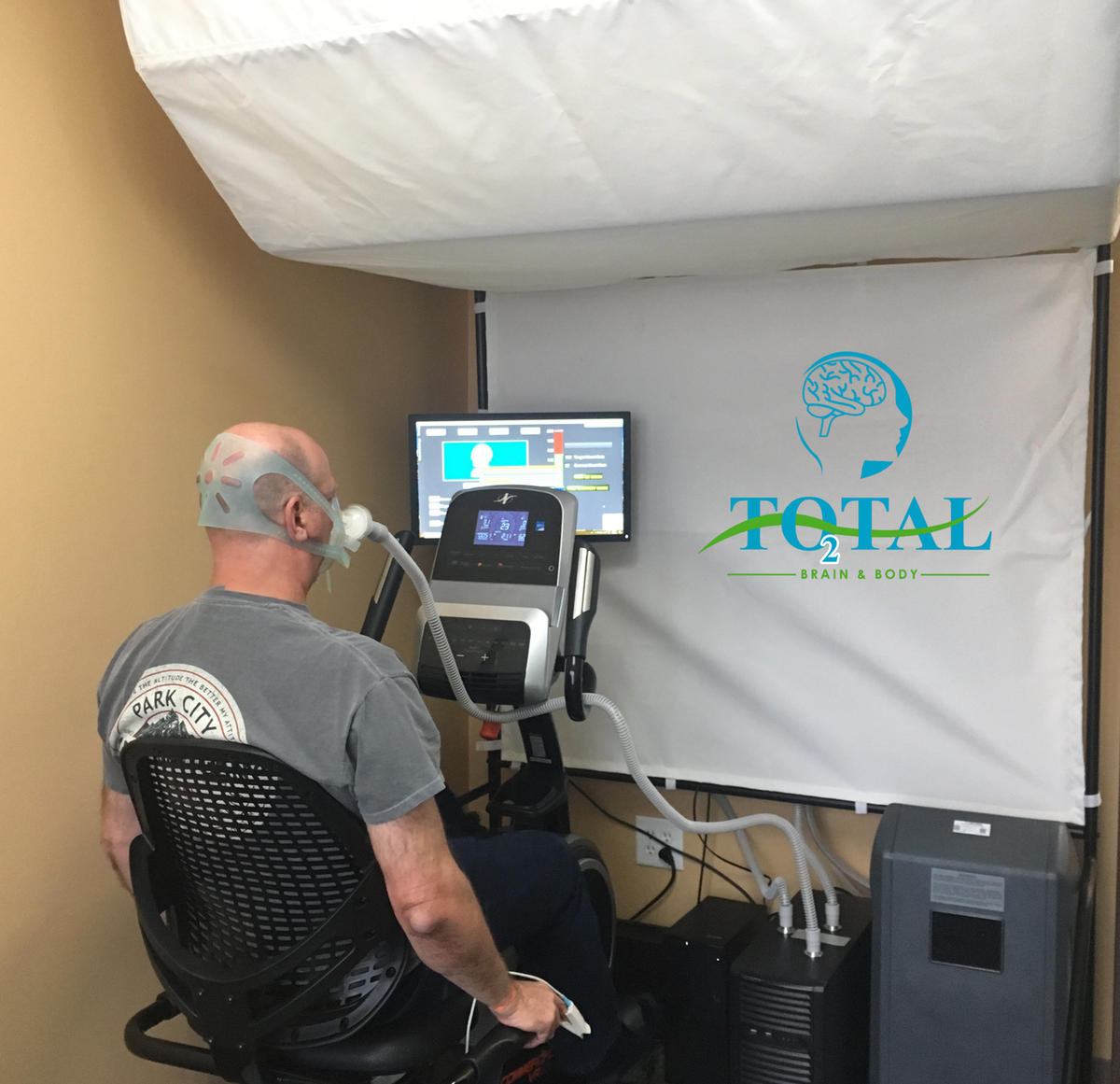Discover how unaddressed psychological trauma can significantly hinder physical recovery and overall well-being.
Understanding the Link Between Psychological Trauma and Physical Recovery
When an individual sustains a physical injury, the immediate focus often lies on treating the visible damage. However, the psychological trauma accompanying such injuries can sometimes be overlooked. Emotional distress resulting from an accident can significantly impact a person's overall well-being and impede their recovery process. The brain's response to trauma involves complex neurological mechanisms that can exacerbate physical symptoms, making it crucial to address both physical and emotional healing.
According to the guide on how trauma affects the brain, unaddressed emotional trauma can lead to chronic stress, anxiety, and depression. These conditions not only affect mental health but can also delay physical recovery, as the body remains in a heightened state of alert. Understanding this link is essential for comprehensive patient care, ensuring that both emotional and physical aspects of trauma are treated effectively.
Read More









